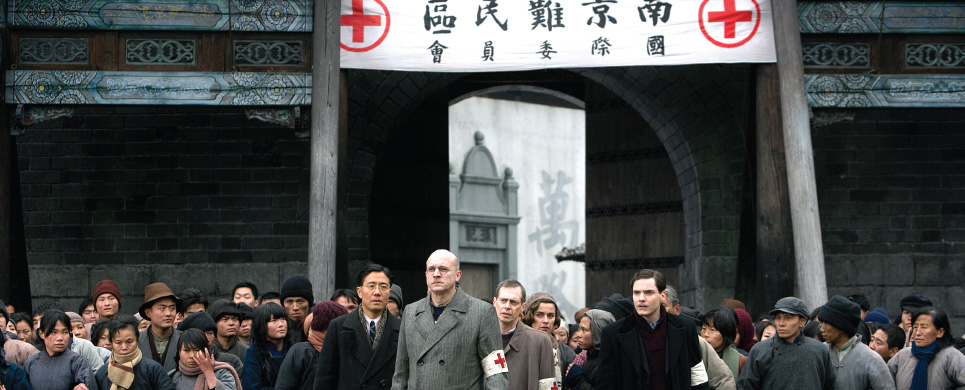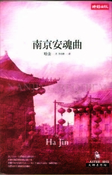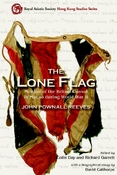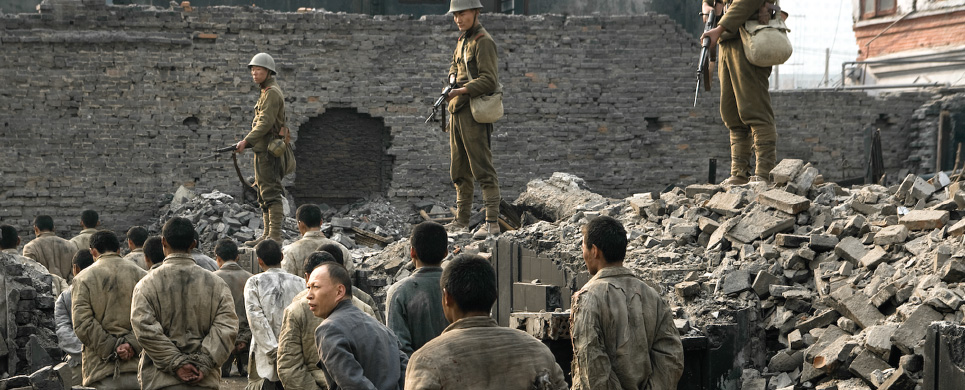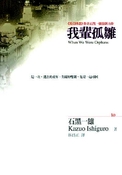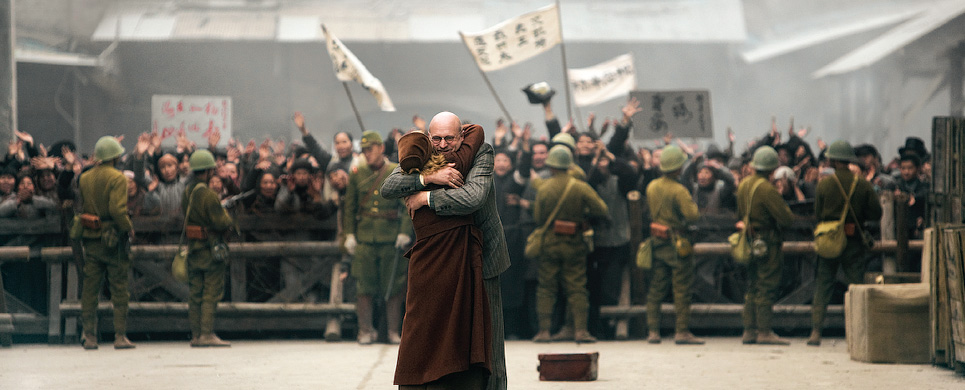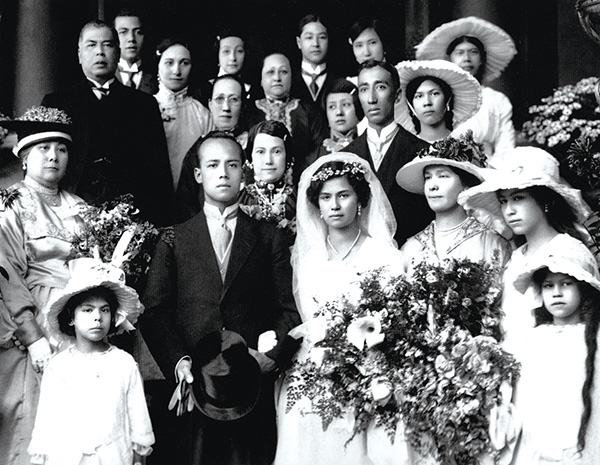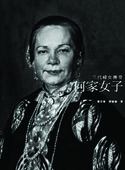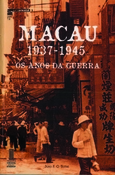Even today there are still many doubts about whether Macau remained neutral during the Second World War particularly during the Sino-Japanese War. This way of saying fuelled high-flown theories of justification, such as the one that assigns a decisive role to Brazil, which allegedly threatened Japan with the expulsion of all Japanese citizens living in Brazilian territory. Nothing short of a strange idea, since most of the citizens from the Empire of the Rising Sun living in the former Portuguese colony already had the Brazilian nationality, and were completely integrated. Another theory points to the possibility that there may have been a secret agreement between Portugal and Japan ensuring that the neutral status of Portugal in the war achieved by Salazar was maintained. That is quite possible, but nothing is known about it. In order to destroy this analysis, historians claim that if such an agreement had been signed, the Japanese would not have invaded Timor. This argument, however, lacks intelligence or basic information, since it is known that Japan only invaded Timor after this territory was taken over by a combined force of three hundred and fifty Dutch and Australian troops. From that moment on, Portuguese sovereignty was lost in the territory, at least symbolically, which gave the Japanese leeway to invade. Of course, the Dutch and Australian authorities declared that the invasion was a precautionary measure to protect both Dutch Timor and the North of Australia, but by also occupying Portuguese Timor, they paved the way for the invasion of the entire island of Timor by Japan.
There is however a very relevant fact which demonstrates the friendly nature of Luso-Japanese relations, which was the establishment of a Japanese consulate in the territory of Macao. This fact seems to confirm the intention of the Japanese not to occupy Macao, which eventually did come to pass. Nevertheless, things got dark, as the Japanese consul in Macao, Yasumitsu Fukui, was soon murdered, surely at the behest of Chinese nationalists. Japan, however, demanded only that the Portuguese authorities issue an apology, which accomplished all but nothing.
As one can imagine, this theme could well be expanded on if not for the size constraints of this text. I would nonetheless like to point out the major consequences of this whole phenomenon which famously inflamed the world, in particular, the entire Southeast Asian region. The first major and perhaps most important and lasting consequence was the population explosion in Macao, where a population of about 100,000 souls grew into approximately 500,000 in an extremely short period of time. This phenomenon went hand-in-hand with the inflow of Chinese refugees mainly from Hong Kong and Guangzhou, which had been invaded and occupied by the Japanese army, but as the Japanese had invaded virtually the entire eastern coast of China from Guangzhou to Tianjin, through Shanghai, citizens from all of these places flowed en masse to Macao, together with Portuguese citizens who had long been undertaking commercial activities in these regions.
The population growth in Macao led to a severe shortage of food which gave rise to a dramatic subsistence crisis. The Macao Government, represented by a Macanese named Pedro José Lobo, nationalized all food products available in local private shops and warehouses. However, that was not enough to solve the problem, and the truth is that a large-scale famine did befall the city. For this reason, the population of Macao declined further due to a reverse flow of Chinese citizens, who returned to their villages after the war. Nevertheless, the population never again receded to the old numbers.
Within the Chinese community and in the government circles of the People's Republic of China, the thesis about the secret pact between the Japanese and the Portuguese gained credibility, so much so that after the war, as early as 1946, governor Gabriel Mauricio Teixeira was discharged, as he was considered largely responsible for this agreement. However, the truth is that it was this putative agreement that kept Macau safe from the bloody conflict that devastated the region.
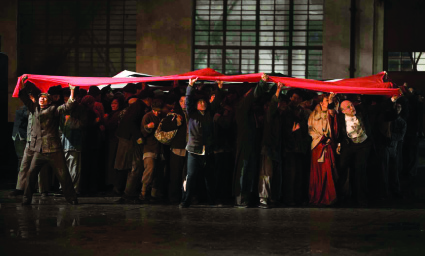
// In the film John Rabe, fugitives from different countries in the safety zone in Nanjing helped each other, reflecting the noble side of humanity during the atrocities of war.(Provided by Huanyi Brothers International Limited)

